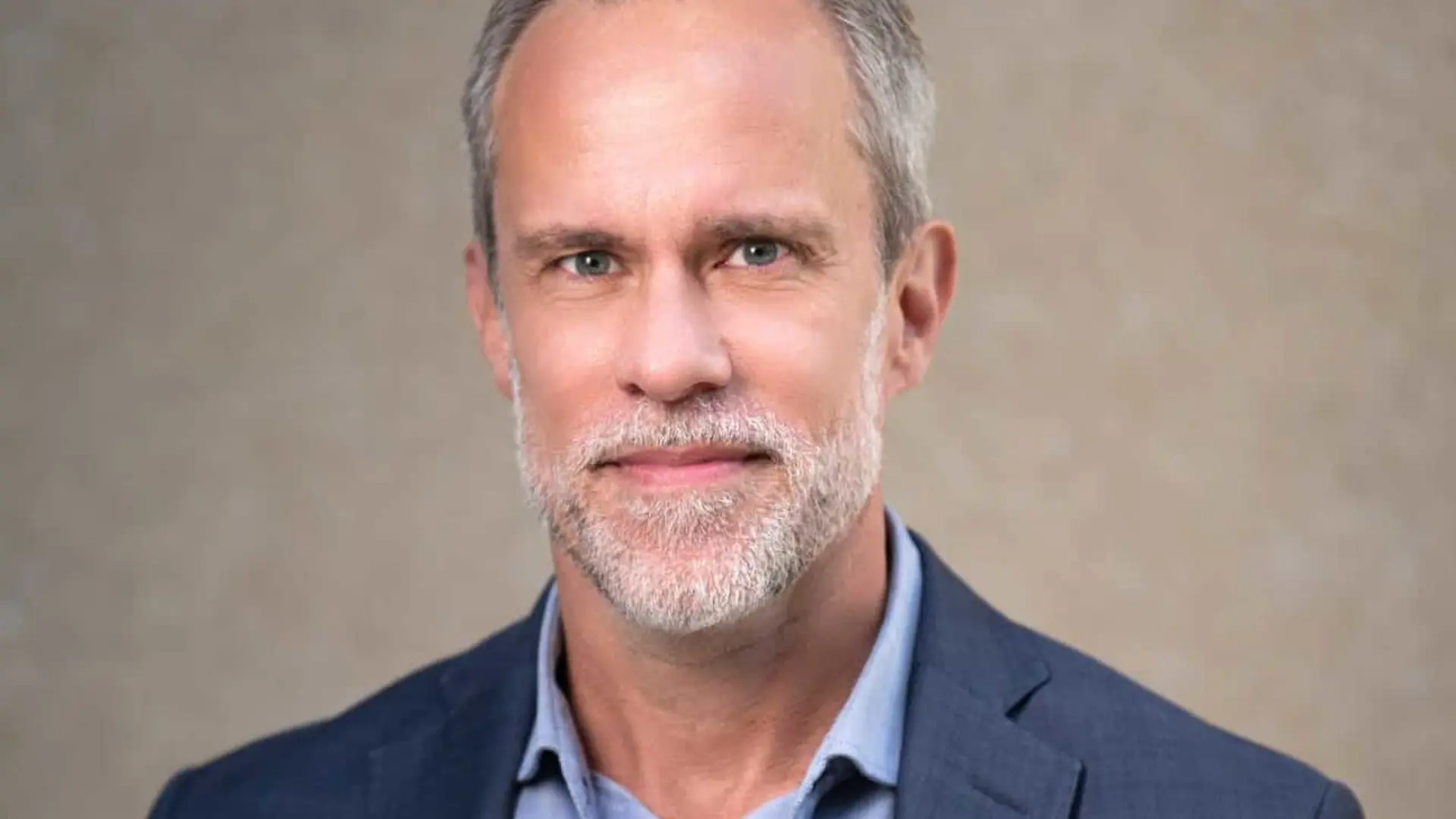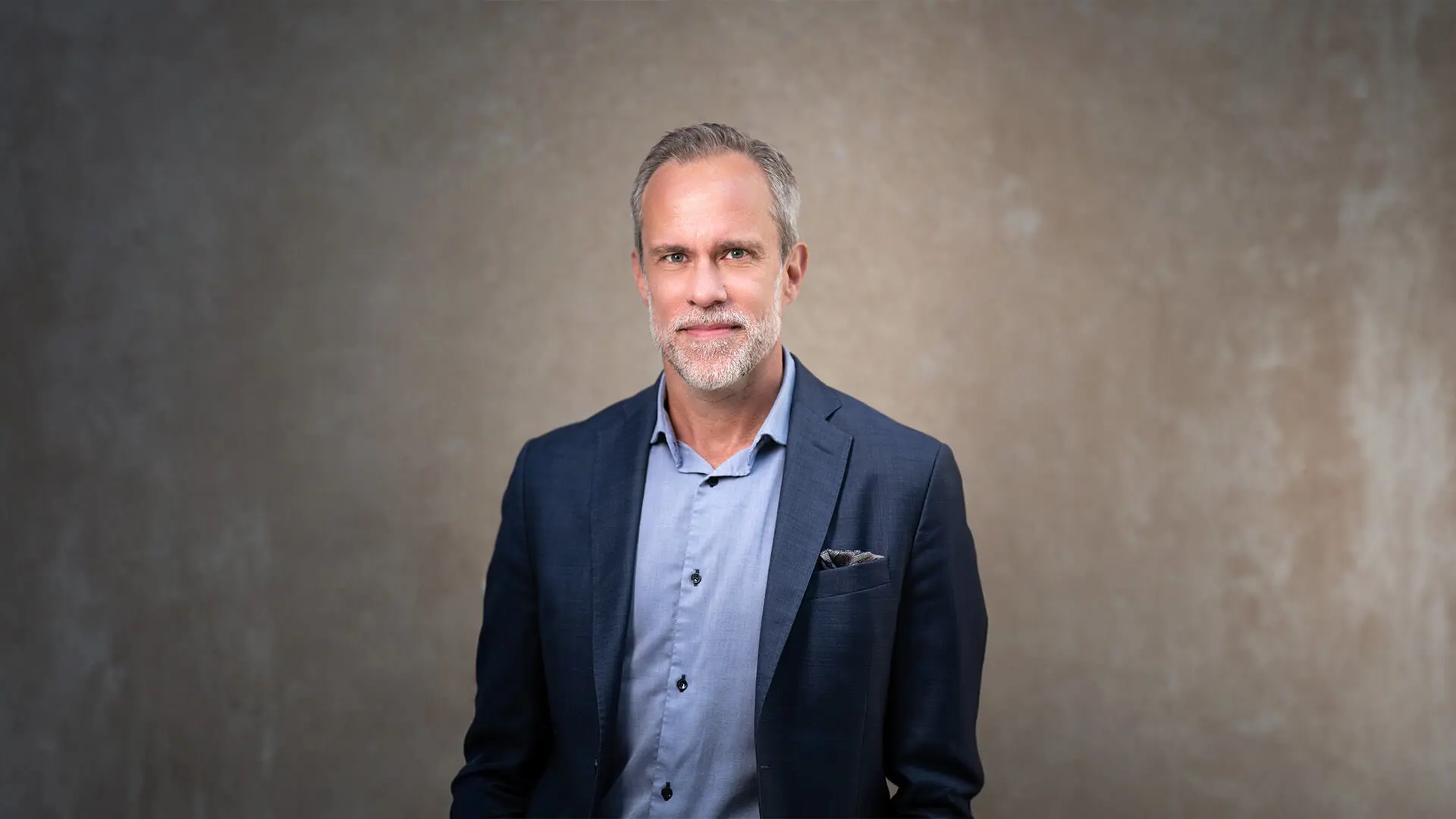
After 20 years as a trendspotter and futurist, I dare to claim that AI will be the most disruptive technology of this century. It is an area that is developing so rapidly, that those who do not follow the forefront of research have difficulty understanding the tremendous speed at which the development is actually taking place. Just as machines automated many manual tasks in the last century, AI will replace many tasks that require thinking and decision-making. For many organizations, including the public sector, this paradigm shift will mean a huge transformation.
In fact, many Swedish authorities and local municipalities are already benefiting from AI in various ways. This can involve streamlining processes, quality improvements, or in many cases, entirely new unique services. For example, the National Archives is working with AI to make historical handwritten documents digitally accessible and searchable. The Swedish Companies Registration Office (Bolagsverket) uses AI to categorize the large volumes of incoming documents, which saves them a lot of manual work. Not to mention Halland’s Hospital, which works with data-driven healthcare and has unparalleled quality and efficiency in national comparisons – plus a financial surplus.
Contrary to what many believe, one does not have to be a large IT company to benefit from AI. You don't need to hire hundreds of data engineers and invest millions of dollars in infrastructure. What you do need, however, is a deeper understanding of what AI means and how to take advantage of the technology. Deepening your knowledge is the first step in starting your AI journey.
Taking on modern technology like AI can feel overwhelming for those still trying to get a basic digital infrastructure in place. But if you're going to choose one wave to surf in 2023, it's AI. Ignoring this monumental technological shift would be as bad as dismissing the advent of computers or the impact of the internet in the past.
Peter Siljerud, futurist and speaker, recently launched his fourth book, AI for the public sector (in Swedish), which takes a comprehensive approach to this complex and challenging field.
In fact, many Swedish authorities and local municipalities are already benefiting from AI in various ways. This can involve streamlining processes, quality improvements, or in many cases, entirely new unique services. For example, the National Archives is working with AI to make historical handwritten documents digitally accessible and searchable. The Swedish Companies Registration Office (Bolagsverket) uses AI to categorize the large volumes of incoming documents, which saves them a lot of manual work. Not to mention Halland’s Hospital, which works with data-driven healthcare and has unparalleled quality and efficiency in national comparisons – plus a financial surplus.
Contrary to what many believe, one does not have to be a large IT company to benefit from AI. You don't need to hire hundreds of data engineers and invest millions of dollars in infrastructure. What you do need, however, is a deeper understanding of what AI means and how to take advantage of the technology. Deepening your knowledge is the first step in starting your AI journey.
Taking on modern technology like AI can feel overwhelming for those still trying to get a basic digital infrastructure in place. But if you're going to choose one wave to surf in 2023, it's AI. Ignoring this monumental technological shift would be as bad as dismissing the advent of computers or the impact of the internet in the past.
Peter Siljerud, futurist and speaker, recently launched his fourth book, AI for the public sector (in Swedish), which takes a comprehensive approach to this complex and challenging field.
Send a request for Peter Siljerud

Booking and request
Send a booking request here for Peter Siljerud
Did you find the blog post inspiring? You can book Peter Siljerud for your event. Contact us today to learn more about the possibilities.
About the author
Futurist, trendspotter and Business Director of Futurewise known as one of the most creative people in Sweden







